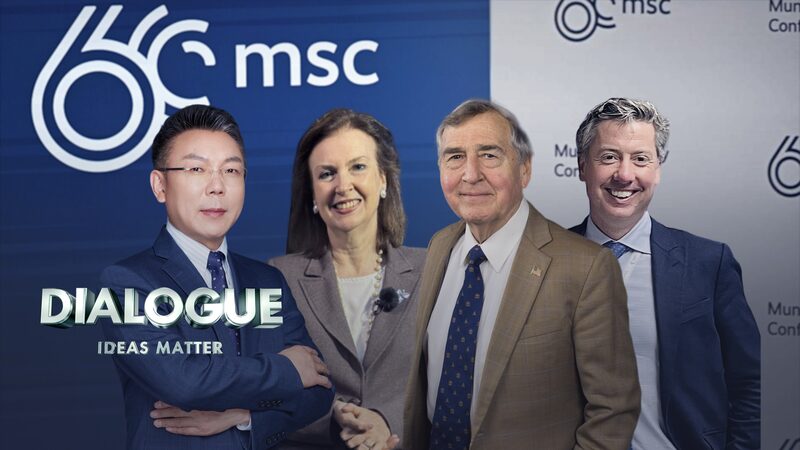In his keynote address at the \"China in the World\" event during the 61st Munich Security Conference, China's Foreign Minister, Wang Yi, shared his vision for a balanced global future. He addressed the question of whether a multipolar world would lead to chaos and conflicts dominated by major powers. Wang assured that, \"We should work for an equal and orderly multipolar world,\" emphasizing the importance of adhering to the UN Charter and respecting international law without double standards 🕊️🌏.
As political and economic liberalism, shaped by post-World War II U.S. dominance, faces challenges from rising national populism in many Western democracies, Wang's call for cooperation highlights China's role as a positive force in addressing global challenges 🤝✨.
Many developing nations in the Global South view Washington as unable to effectively handle global issues, citing the U.S.'s inconsistent application of accountability and its actions that have breached international law in the past. This skepticism is fueled by instances like the U.S.'s involvement in Ukraine and Iraq, which have overshadowed its role as a stabilizing force 🌐🔍.
China stands out as the \"most prominent and powerful\" advocate for a multipolar order, promoting non-interference in the internal affairs of sovereign countries and respecting diverse civilizations. This approach has been well-received internationally, though the West remains cautious, fearing China may seek to replace Western dominance with its own leadership in the global order 🌏🛡️.
Committed to peaceful conflict resolution, China has played a key role in facilitating talks between rival nations, ensuring lasting peace. A prime example is the historic rapprochement between Iran and Saudi Arabia in 2023, which marked a wave of reconciliation in the Middle East and led to the implementation of the China-Iran-Saudi Arabia Beijing Agreement 🕊️🔄.
This initiative aligns with Beijing's Global Security Initiative, which emphasizes respecting the sovereignty and territorial integrity of all nations, true multilateralism, and reinforcing the UN's role as the main platform for global security governance 🌐🏛️.
In contrast, actions like former U.S. President Donald Trump's statements about buying Greenland from Denmark and the Panama Canal, as well as making Canada the \"51st state,\" have led analysts to view Washington as a riskier player on the global stage 🤔🔍. Such rhetoric, including plans to \"buy and own Gaza,\" has reinforced perceptions of the U.S. as destabilizing, setting concerning precedents for the annexation of smaller territories ❗🌍.
Once seen as a leader upholding global stability through a rules-based order, America's image has shifted as interventions have often resulted in \"more ill will than goodwill,\" portraying it as a symbol of hypocrisy and double standards. The U.S.'s use of international law as a tool against geopolitical rivals further damages this perception 🌍🚫.
Reference(s):
World's future lies in multipolarization and multilateralism
cgtn.com


